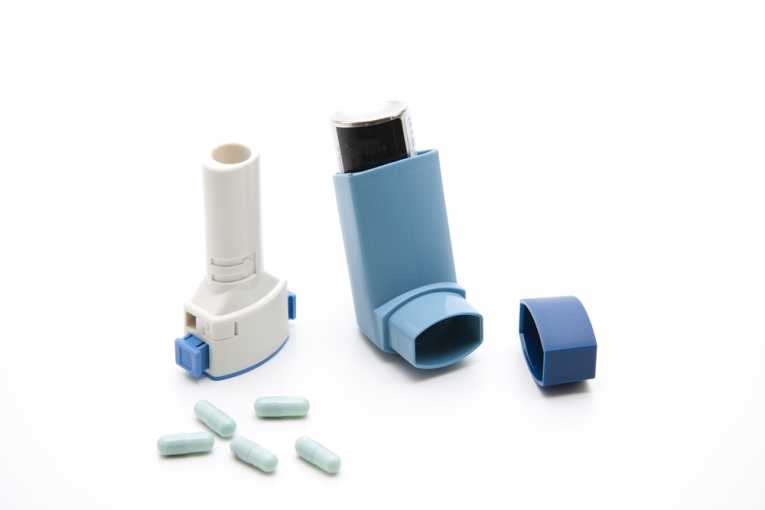New research warns that the economic costs of asthma caused by traffic pollution are higher than previously thought.
Imagine a couple of asthmatic children, growing up in a polluted urban environment. The air they breathe every day makes their sickness worse, sometimes to the point of hospitalization. But even when they don't have to be admitted to the ER, there are other prices to pay for their unwilling exposure to pollutants.
Things like preventive doctor visits, frequent health checkups, daily medications, associated illnesses, or just missing a few days of school because they're not feeling well enough to leave the house. When all of these are added up, the cost of asthma and other related complaints can be very high indeed. But up until now, scientific research had overlooked this.
A new piece of research on the lifelong costs of asthma cases, very recently published online and soon to be printed in the European Respiratory Journal, shows that the burden of this disease can be much greater than anyone had anticipated so far. The researchers examined a sample of asthma cases from two California communities with high levels of traffic-related air pollution and a significant rate of exposure to pollutants.
Rather than focusing on a limited set of indicators - such as hospitalizations directly related to acute asthma attacks - they took into account a broad range of social, personal, and economic factors connected not just to asthma, but also to the infections that accompany this disease, including preventive efforts.

Traffic-related air pollution via Shutterstock
The conclusion? Not only are asthmatic children at a disadvantage when it comes to socialization and school performance, they also represent a significant financial burden on their families, often to the point of potentially destabilizing their family's household income. This is a very important discovery, given that conventional wisdom has greatly underestimated the overall costs of asthma and other similar respiratory complaints, and therefore little action has been taken to fix this problem.
Hopefully, the findings from this new study, as well as the method it outlines, will be applied to further research into the links between respiratory diseases, pollution, and community economics. Even more hopefully, policy makers will take note. It might take some effort, but there's ways to reduce the incidence of asthma among the world's children. And that, even from a purely economic point of view, is definitely worth it.
href="https://earthtimes.org/environment/air-pollution/index.html">Air Pollution









